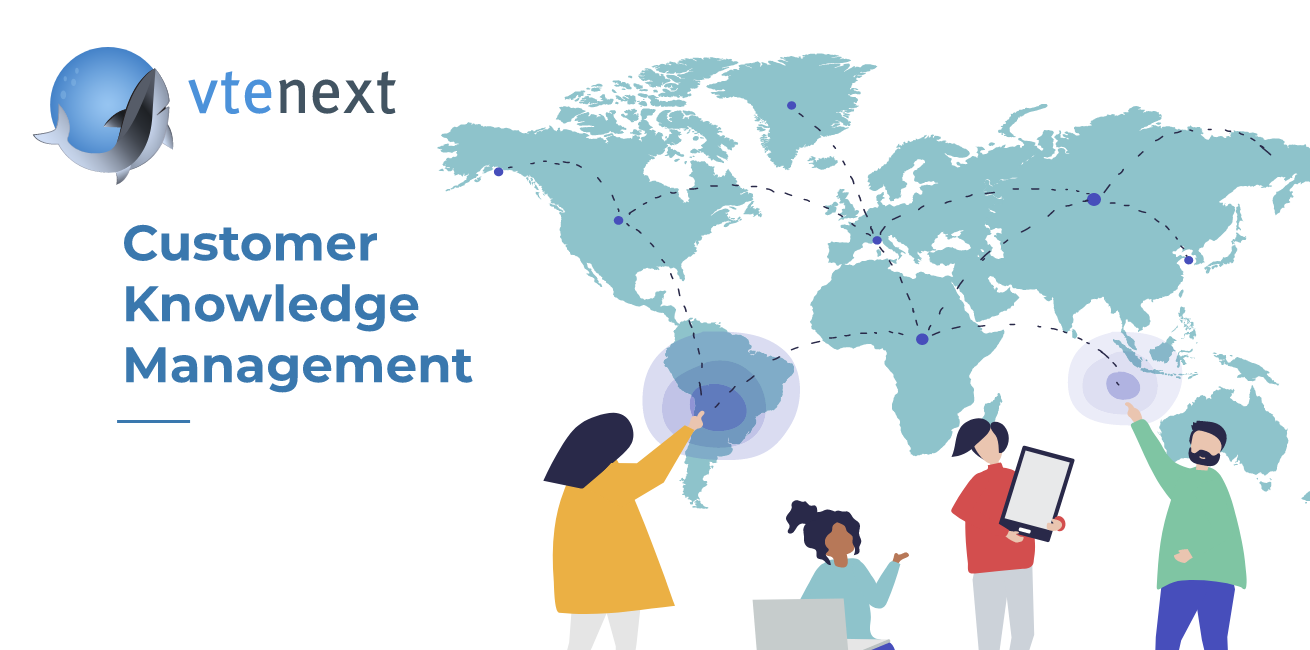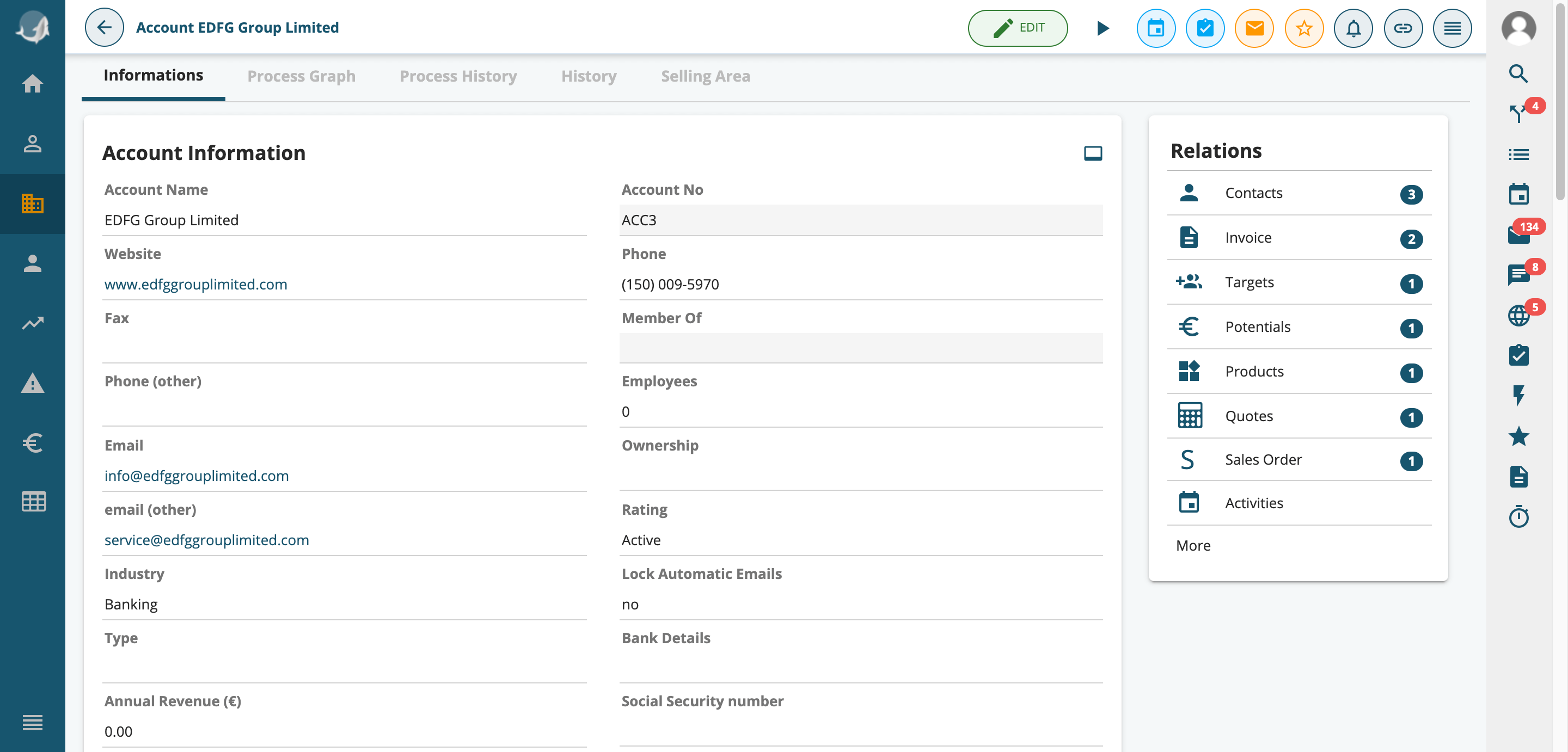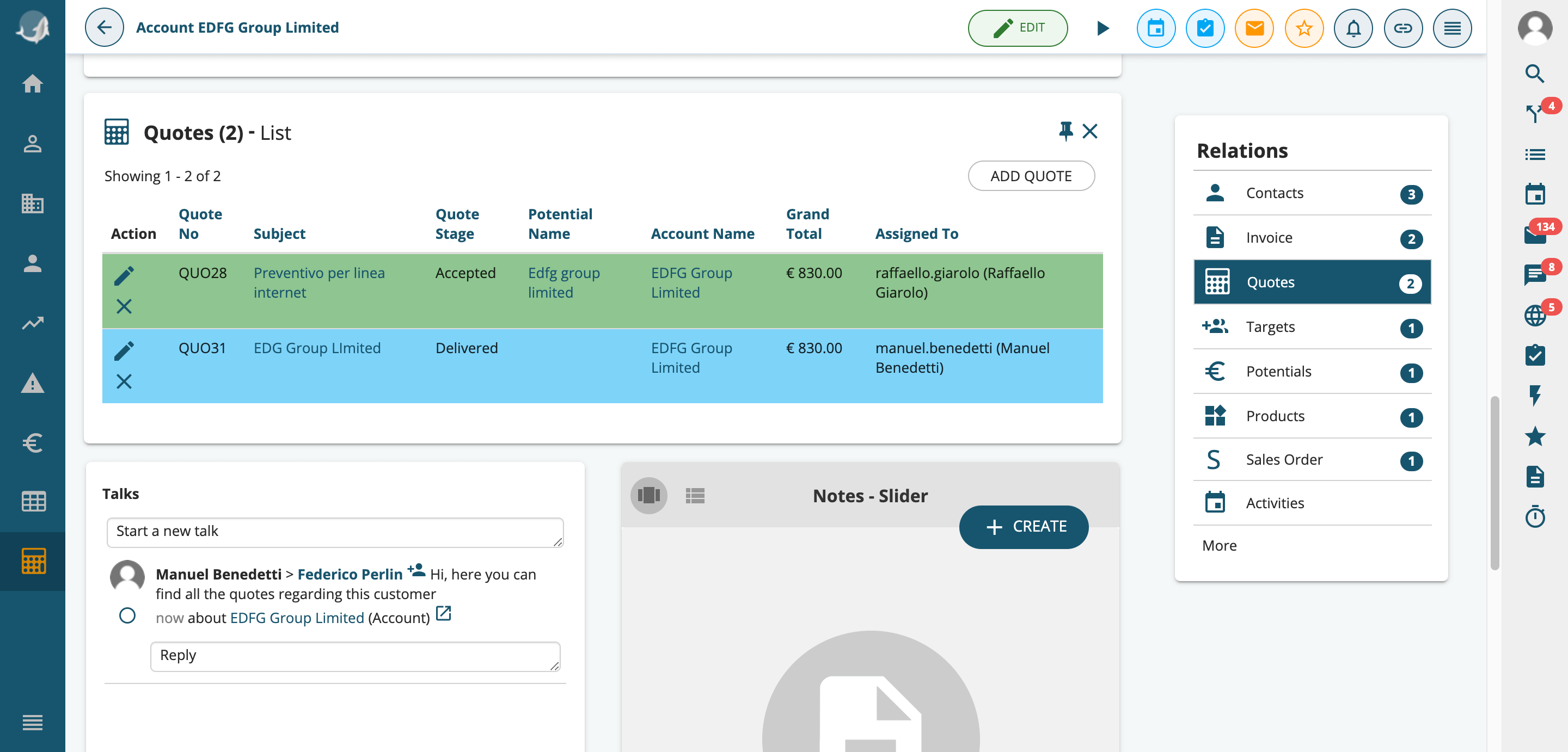Customer Knowledge Management System: the management and sharing of customers’ information
In the past, the fields of CRM and Knowledge Management were very distant from one another. However, as time passed, it became clear how organizations could benefit of the synergetic use of both. In the current framework in which businesses operate, CRM and KM have become fundamental strategic tools for obtaining sustainable competitive advantages, as well as for keeping and seeing the growth and development of the customer base.
The creation of knowledge has been widely considered relevant for organizational learning and innovation.
Knowledge management can be defined as the process of sharing, distributing, organising, sharing and understanding of knowledge about organisational policies, processes and abilities. Knowledge Management helps organisations to identify, select, organise, spread and transfer the knowledge and abilities that are part of the organisation’s history.
Today, Knowledge Management Systems are employed for creating and maintaining customer relationships, not only to sell products and services, but also to access to their knowledge and information.
KM has tangible benefits:
- improves the decision-making process: data and human knowledge transform into accessible intuition
- simplifies the collection of and access to information
- enables the re-use of available information: it reduces rework, prevents problems, helps saving time, speeds up development, promoting standard processes and procedures at the same time
- strengthens internal communication: makes information accessible to everyone, regardless of the knowledge and expertise about a certain topic
- accelerates delivery: the sharing of knowledge and the reutilization of the information can narrow down the delivery of a proposal, a product or a customer service. This translates into better retention, upselling and cross-selling rates and in new customers acquisition
Identifying this knowledge, alone, is not enough to obtain tangible results. Once having collected the information, it’s necessary to find a way to filter it into a consumable framework and to organise, share, update and analyse it: steps aimed to avoid communication silos.
Many CRM processes are based upon knowledge resources, including those tied to the customer and in particular to the storage, historicization and sharing of the information, from the first interaction to assistance, until customers are lost or still in “lead” status.
Customer Knowledge Management (CKM) integrates the management of customer relationships with the one of knowledge. For this purpose, businesses need to focus on the three kinds of knowledge in CRM processes:
- About the customers: data and indications about the clients (registry, products/services acquired, terms of payment)
- For the customers: information created to answers some customers’ questions or needs such as FAQs and brochures
- From the customers: information and feedbacks directly obtained from customers, such as reviews or malfunction alerts
Customer Knowledge Management undoubtedly simplifies the sharing of information by remote, especially when managed through a cloud solution: think about processes of customer service, sales management and customer experience, which have been impacted precisely in “smart” mode during this last year.
Vtenext’s CRM solution manages the knowledge that is tied to the customers and comes from various business areas, in particular from: salesforce, administration and technical department. All this information is shared with the other organizational areas, becoming, in this way, easily accessible and usable.
There are two available modules:
- Accounts Module, manages the master data about acquired, potential and lost customers. The Accounts can also be classified as partners, resellers, distributors, associates, etc., depending on some fields that are customizable by the interface. Each Account is related to a number of modules that allow to collect information about the whole “life” of a specific customer.
- Contacts Module, instead, contains the master data of the physical persons that are related or not to the previously featured accounts or rather linked to the Vendors Module. The Contacts Module allows to collect information regarding people who work in a determined company, having the possibility to relate such module to, for example: Calendar Activities, Quotes or Trouble Tickets. In fact, it is possible to open the Portal User directly from the Contact, who will receive an email containing all the access credentials. In addition, notice that the whole GDPR side has been managed too, enabling to automatically save the privacy settings, chosen by the Contact itself, through a dedicated GDPR web app.
An example of Accounts module containing all the information related to the customer, shareable with certain business areas or specific professionals.
The information about the client can be divided in such a way to quickly collect the activities involving him/her. As can be seen at the bottom, on the left, it is possible to start quick and easily accessible Talks between different business figures.
Manage your customer data at best with just a click


